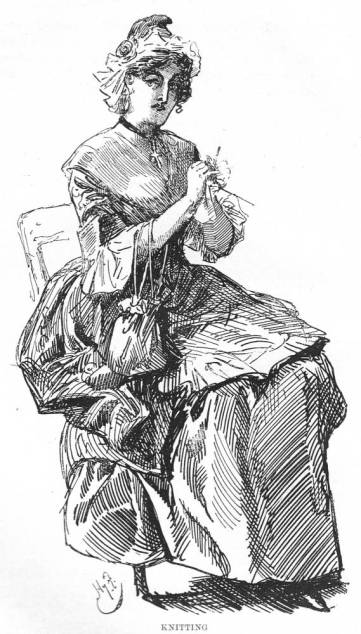
Last night, in shameful parody of democratic rule, the U.S. Senate passed a sweeping tax bill that undercuts the middle and lower classes, eviscerates health care, and attacks education–all while giving more money to the very entities that need it least: the wealthiest portion of the population and the corporations they control.
Instead of analyzing how this happened, or why the people we elect have sold us out to the people who keep them in office–their political campaign donors–I will make some grand generalizations here to shed light on how the United States has become what it is today, on December 2, 2017: a plutocracy.
Let’s start with history: in the late Bronze Age (1200 BC or so), the growth of powerful societies was carefully controlled by a simple custom. Simon Stoddart, Fellow of Magdalene College, Oxford, speaking on In Our Time, a BBC 4 radio podcast, explains that in these societies, “it was not permitted to become too powerful,” and if a king did attain too much wealth, he was expected to throw a huge feast to dispense his wealth, or even bury excess wealth in a hoard. Doing this would gain the king prestige and restore economic balance to the region, but it would also lead to some instability in succession, because great wealth could not be inherited. Yet the custom was apparently practiced by European Bronze Age societies as a levelling mechanism, to prevent one person or family from becoming too powerful.
Now why on earth would a powerful king consent to this kind of rule? The answer is simple: it was the custom of the time–he could not avoid doing so. And why was there such a custom? My guess is that early societies, living close to nature, observed a natural balance in the world they lived in, and they knew that no good could ever come from upsetting this balance. Think of it this way: early societies observed first-hand what happened if there were too many lambs born in a certain year, or if too much rain fell on crops–or if one man became too powerful.
Human societies unlearned this lesson when they became less reliant on the natural environment they inhabited. By the early modern age (1500 or so), people were beginning to control nature to meet their needs. Transportation was easier, so if you depleted your farm’s soil, you might move to another one. You could drain bogs to make more arable soil on which to grow more crops and raise more livestock. You could even, as so many people were beginning to do, move to the city and try your hand at making a living completely divorced from the cycle of nature.
By the late 1700s, we see the beginnings of the massive growth in urban areas that will characterize the world we live in today. It is no coincidence that we also see the rise of capitalism–as a philosophy and as a practice–at this time. And while the idea of capitalism is based on balance–the invisible hand adjusting the scales–it’s clear now that such an invisible hand was more wishful thinking than reality.
My point is that we have lost any notion of the need for balance in our political and economic systems. We have forgotten that when the very wealthy take more than they can possibly use, they leave other people in penury. Certainly the wealthy people have forgotten this law of nature and are simply grabbing all they can while the grabbing is good. The real problem is that too many people in the United States have identified with those wealthy people (how this has happened is interesting but must wait for another post), trusting that if the very wealthy are taken care of, they will be taken care of, too.
This tragically flawed logic is like thinking that in a shipwreck, if a powerful and athletic man manages to secure a place on a lifeboat, he will always make room for–in fact, he will always exert himself to save–the women, children, and less fortunate men who are still waving from the deck as it sinks below the waves. But here’s the problem: exerting oneself to save others demands a strong sense of either ethics or altruism, both of which seem to be lacking in the American upper class.
I don’t have any answers or solutions to offer. We live in dark and troubled times. To say that I despair for my country is not an exaggeration. Indeed, I never knew how much love I had for this country, this grand and imperfect experiment in democracy, until last year, when I witnessed what I think now might be the first chapter of its descent into decay and destruction. Last night, while we were sleeping, we may well have seen the second one.
But I do know one thing: one way or another, balance will be re-established. It may be a somewhat orderly process, in which case we will see a great deal of corrective legislation coming from a newly elected Congress in the early months of 2019…. Or it may come after a long, destructive, and painful struggle, with lives lost and ruined in the process.
Either way, fasten your seatbelts, Americans. It’s going to be a bumpy night.
Should the term “pussy hats” have existed post-1789, I am certain Madame Defarge would have been knitting them.
LikeLike